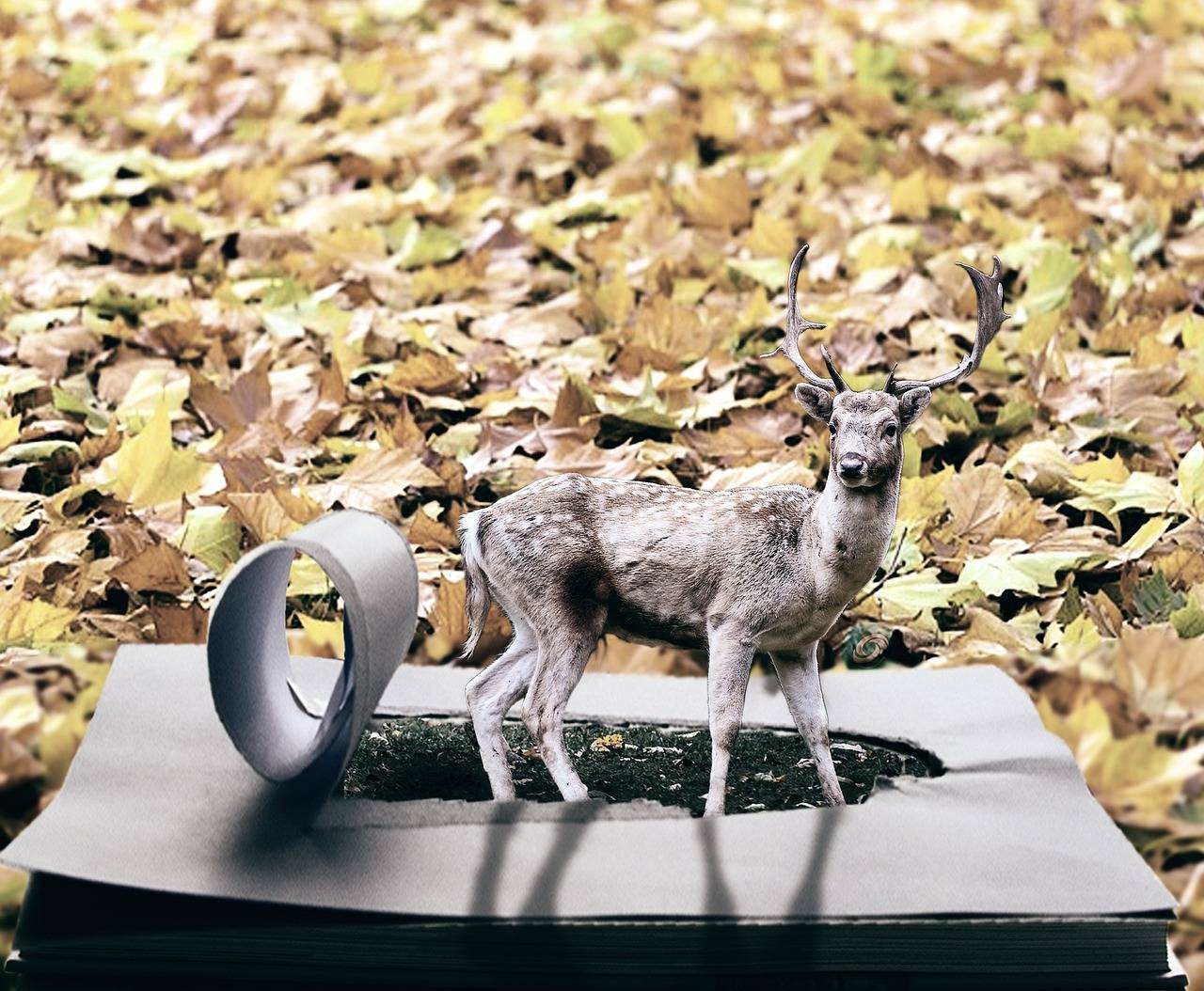Analyzing the Influence of Educational Toys on Imagination: 11xplay sign up login password, Laser247 com, Tiger exchange login
11xplay sign up login password, laser247 com, tiger exchange login: In a world where technology continues to advance at a rapid pace, the importance of fostering a child’s imagination has never been more vital. Educational toys play a crucial role in stimulating a child’s creativity and critical thinking skills, ultimately shaping their development and future success.
Analyzing the influence of educational toys on imagination is essential in understanding how these toys can impact a child’s cognitive and emotional growth. By providing children with toys that encourage open-ended play and problem-solving, we can help them develop essential skills that will benefit them throughout their lives.
The Power of Play
Play is a fundamental part of childhood, and educational toys are designed to make playtime both fun and educational. These toys engage children in activities that require them to use their imagination, creativity, and problem-solving skills. By playing with educational toys, children can explore new concepts, experiment with different ideas, and develop a deeper understanding of the world around them.
The Influence of Educational Toys
Educational toys come in a variety of forms, including building blocks, puzzles, art supplies, science kits, and more. These toys are specifically designed to enhance a child’s learning experience by promoting skills such as critical thinking, creativity, communication, and collaboration. By engaging with educational toys, children can discover new ways of thinking, develop their own ideas, and express themselves in unique and creative ways.
Promoting Creativity and Innovation
Imaginative play is essential for children to develop their creativity and innovation. Educational toys provide children with the opportunity to explore new ideas, create new worlds, and solve complex problems. By engaging in imaginative play with educational toys, children can develop their storytelling skills, enhance their social interactions, and improve their ability to think outside the box.
Encouraging Independent Thinking
Educational toys can also help children develop their independence and confidence. By giving children the freedom to explore and experiment with different toys, they can learn to think for themselves, make decisions, and solve problems on their own. This independence fosters a sense of self-reliance and empowers children to trust in their abilities and ideas.
FAQs
Q: At what age should children start playing with educational toys?
A: Children can start playing with educational toys as early as infancy. There are a variety of educational toys designed specifically for different age groups to promote development at each stage.
Q: How can I choose the right educational toys for my child?
A: When selecting educational toys for your child, consider their interests, developmental stage, and learning style. Choose toys that are age-appropriate, engaging, and promote skills that you want to encourage in your child.
Q: Can educational toys replace traditional learning methods?
A: Educational toys should complement traditional learning methods, not replace them. They can enhance a child’s learning experience and provide additional opportunities for exploration, creativity, and problem-solving.
In conclusion, educational toys play a vital role in stimulating a child’s imagination and fostering their cognitive development. By providing children with opportunities to engage in imaginative play with educational toys, we can help them develop essential skills that will benefit them throughout their lives. Encouraging creativity, innovation, and independent thinking through educational toys is key to unlocking a child’s full potential and shaping their future success.






